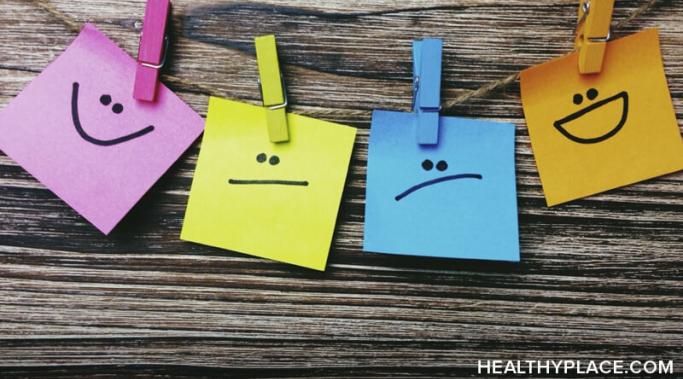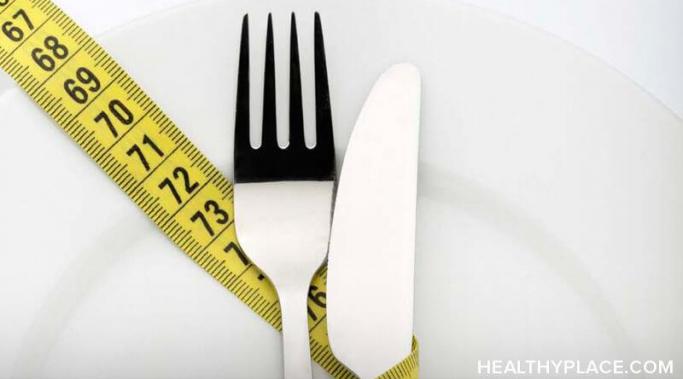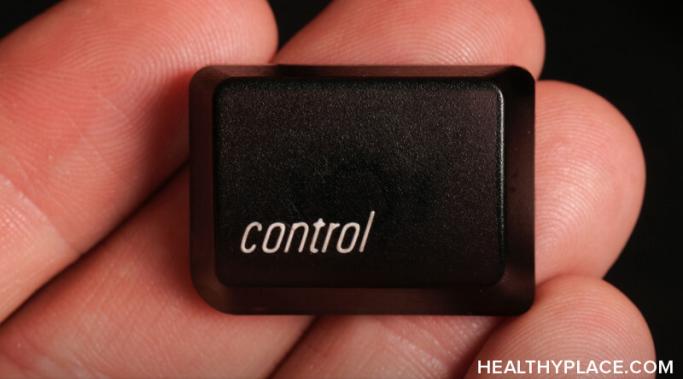Years ago, I was the queen of passivity, but the dialectical behavior therapy (DBT) FAST skill helped me overcome it. It used to be that I avoided conflict and difficult conversations at all costs and refused to put my needs and desires first. I would come up with scripts in my head of what to say; however, as soon as an intense conversation would begin, I felt my self-respect fade away ("Show Yourself Respect: How to Communicate with Confidence"). I wished that I could trade in my copious amounts of passivity for self-respect, but something always got in the way. Fortunately, in the past year, I have learned how to maintain self-respect during a conflict by following a few simple steps set out by the DBT FAST skill.
Relationships and Mental Illness
I wish I knew better when my friend was suicidal. I was 12 years old. My brown curls were cut into sharp bangs that crossed my forehead, identical to the bangs of my best friend who sat facing me. She didn't look any different from the last time I saw her, still pale, still skinny. She wore a sweatshirt. And under the sleeves of that sweatshirt, I knew there were scars up and down the length of her arms. Three weeks prior, my friend was suicidal and she made her most recent suicide attempt. It was not her first nor her last. (Note: This post contains a trigger warning.)
Being in a relationship with a partner who is experiencing suicidal ideations can be emotionally taxing and daunting. There is this complicated pattern in my dating life in that the partners I loved most threatened suicide at least once. I am still trying to figure out exactly why I am drawn to individuals who experience such turmoil. Perhaps it is because I had ideations when I was in high school, and I feel like these partners understand me. Maybe I cannot compartmentalize the social worker in me when it comes to dating, and I want to try and "save" everyone I meet. Regardless, here are the things I wish I had known when I dated someone who threatened suicide. (Note: This post contains a trigger warning.)
There are difficulties with mental health therapy that you should know about when being treated for a chronic illness. I thought mental health therapy was going to be easy -- but it isn't. I experienced three difficulties with mental health therapy that I'd like to share.
Do you know how to recognize an emotionally abusive relationship? When our society discusses relationship abuse, there is often a focus on the more overt forms such as sexual abuse and physical abuse. It is not uncommon for emotional abuse, which can often take on a more subtler form, to slip by unnoticed. In my experience, there is also a hesitancy to acknowledge this form of abuse and validate its existence. However, being with an emotionally controlling and manipulative partner can have lasting detrimental effects on our psyche. Therefore, it is imperative to recognize an emotionally abusive relationship's signs, even the ever so subtle ones, that you may be in an emotionally abusive relationship.
Sex after sexual abuse: what's it like? Sexual abuse has a huge impact on my sex life. After two instances of sexual abuse, I felt that my sexuality no longer belonged to me. Twice my body was treated as an object to be used by my abusers as they saw fit, first during my childhood at the hands of a family member, then later by a stranger on a train. Though I didn't realize it at the time, I accepted that my sexuality belonged to the men I slept with and not to me. It took me a long time to confront this truth about the impact of sexual abuse on my sex life, and I still haven't deconstructed the many ways that these instances of abuse eventually brought me to my experiences with sex now. I decided to use this blog as a place to explore this.
I learned that relationships in depression are so important when my doctor prescribed prednisone to treat my autoimmune disease. Although he talked about its side effects, he failed to include depression as one of them. The first time I took the drug was an unpredictable blow that wreaked havoc on my life and my relationships.
You can cope with eating disorder triggers even though, as I often describe an eating disorder, there is a stubborn, little monster in the back of your head. It may lay dormant for days, months, even years, but when it arises, it wreaks havoc.
Although many people struggle to set boundaries in relationships, doing so can drastically improve your mental health in the long run. For years, I would passively agree to anything that anyone asked of me. If I wanted to say no, my anxiety and depression would infiltrate into my thoughts, telling me that I had to go above and beyond to make people approve of me. I was seeking approval and admiration in the least healthy ways, and this began to take a toll on my mental health. Eventually, I felt empty. Setting boundaries in relationships has a lot to do with self-care, in my opinion. If you are feeling burnt out from a lack of pre-set limits, you are swiftly losing your emotional energy and potentially your sense of self.
My relationship with sex after trauma hasn't been a good one. You see, when I was 16, I got drunk at a concert. On the train ride home, I drifted off. When I woke up, a stranger's hand was in my underwear. I pushed his hand away and he sped into the next train car. My reaction was a feeling of shame; I blamed myself for the sexual assault. I shouldn't have gotten drunk; I shouldn't have worn a skirt; I should have been more responsible. With the support of my parents, I eventually reported the incident, but the shame remained.









